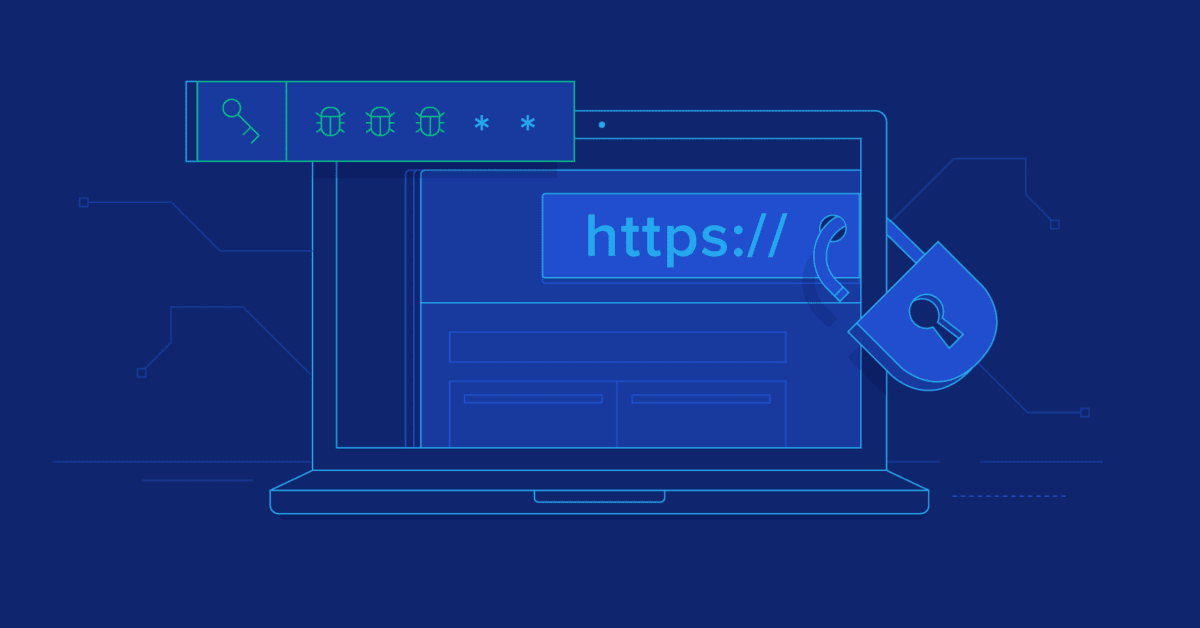Introduction
In today’s digital landscape, website security is not only crucial for protecting sensitive user data and maintaining user trust but also plays a significant role in technical search engine optimization (SEO). Search engines prioritize user safety and consider website security as an important ranking factor. In this blog post, we will explore the importance of website security in technical SEO and discuss the benefits of implementing robust security measures for your website.
User Trust and Confidence
Website security is vital for establishing trust and confidence among your website visitors. When users see that your website is secure, indicated by the presence of HTTPS and a padlock icon in the browser’s address bar, they are more likely to engage with your content, make transactions, and share personal information. By prioritizing website security, you create a positive user experience, which can lead to increased conversions, customer loyalty, and positive word-of-mouth.
Search Engine Rankings
Search engines, such as Google, value user safety and prioritize secure websites in their search results. In fact, Google officially announced in 2014 that HTTPS would be considered a ranking signal. Websites with HTTPS encryption are given a slight boost in search engine rankings over non-secure websites. This means that implementing website security measures can directly impact your SEO efforts by improving your website’s visibility and organic traffic.
Mitigating Security Risks and Penalties
A secure website helps protect you and your users from various security risks, such as data breaches, hacking attempts, and malware infections. These risks not only compromise the integrity of your website but can also lead to penalties from search engines. If your website is hacked or infected with malware, search engines may flag it as unsafe and display warnings to users. This can result in a significant drop in rankings and organic traffic. By prioritizing website security, you can mitigate these risks and avoid potential penalties that could negatively impact your SEO efforts.
Implementing HTTPS and SSL
Implementing HTTPS (Hypertext Transfer Protocol Secure) is a crucial step in securing your website. HTTPS encrypts the data transmitted between the user’s browser and your web server, ensuring its confidentiality and integrity. To enable HTTPS, you need an SSL (Secure Sockets Layer) certificate, which verifies the authenticity and identity of your website. Search engines recognize HTTPS as a signal of website security and give preference to secure websites in search results. By implementing HTTPS and obtaining an SSL certificate, you not only protect user data but also improve your website’s SEO performance.
Protection Against Malware and Attacks
Websites are vulnerable to various security threats, including malware infections and cyber attacks. Malware can harm your website’s functionality, compromise user data, and damage your reputation. Cyber attacks, such as DDoS attacks or SQL injections, can disrupt your website’s availability and compromise user experience. By implementing robust security measures, such as firewalls, malware scanners, and intrusion detection systems, you can protect your website from these threats and ensure uninterrupted user access.
Regular Software Updates
Keeping your website’s software, plugins, themes, and content management system (CMS) up to date is crucial for maintaining website security. Developers frequently release updates and patches to address security vulnerabilities and improve overall website security. By regularly updating your website, you ensure that you have the latest security features and reduce the risk of exploitation by cybercriminals. Additionally, make sure to remove any unused plugins or themes that can serve as potential entry points for attackers.
Strong User Authentication and Access Control
Implementing strong user authentication measures and access controls is essential for website security. Encourage your users to create strong, unique passwords and consider implementing two-factor authentication (2FA) for added security. Limit user privileges and access levels to reduce the risk of unauthorized access to sensitive







